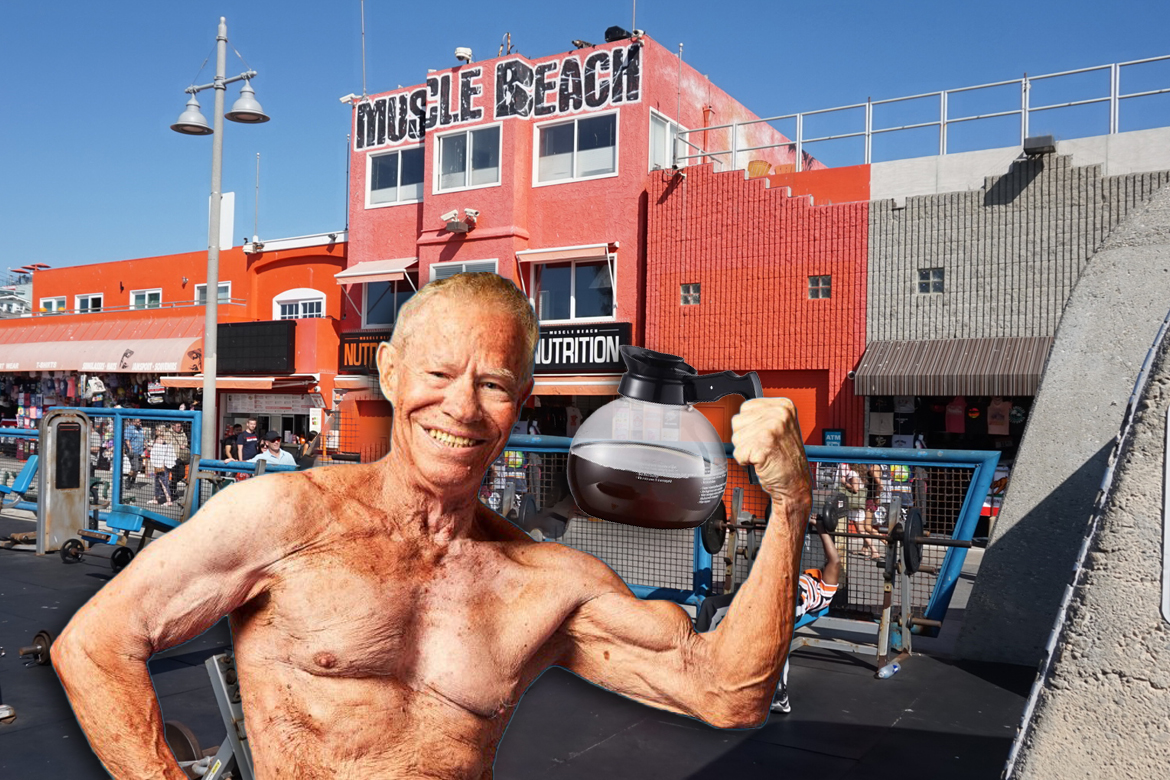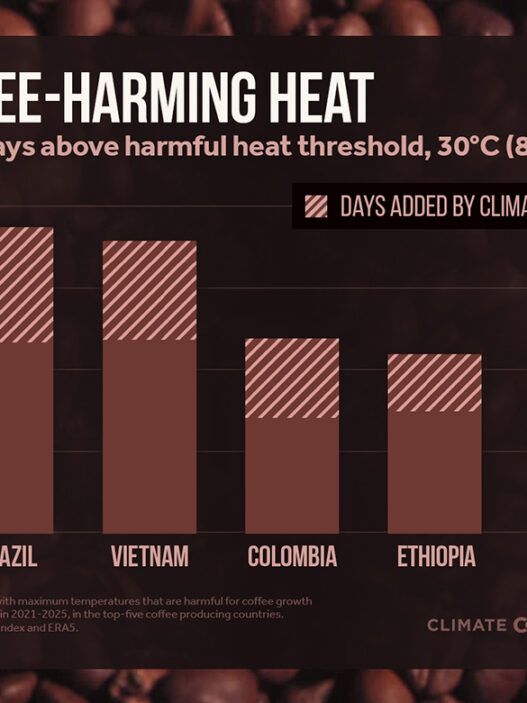There was quite a bit of bad news last week for coffee drinkers, specifically those approaching old age. In two different studies, four or more cups of coffee was associated with hypertension and cardiac disease as well as impaired cognitive function in older individuals. We have since decided to sequester any ill talk of coffee to last week. It was a bad week, everyone has them. No need to dwell on it.
But it’s a new day and we’re getting back on track. A new study finds a positive association between coffee consumption and skeletal muscle mass and that’s especially good news for older individuals.
As reported by News-Medical.net, the new study is the work of researchers at Guangxi Medical University in Nanning, China and appears in the journal Frontiers in Nutrition. In it, they examine muscle mass and coffee intake in 8,333 Americans with an average age of 39.5. The work is building off prior studies that found an association between coffee and skeletal muscle mass in populations in Asia.
Using participants from the National Health and Nutrition Examination Survey, that took place between 2011 and 2018, muscle mass was determined using “appendicular skeletal muscle mass adjusted for BMI (ASMBMI),” and participants coffee intake was determined with “two 24-hour dietary recall interviews.” Participants were then grouped into quartiles and tertiles based on intake.
When cross-referencing the data, they found that those in the highest quartile for ASMBMI—the ones with the higher levels of skeletal muscle—had a “higher average intake of caffeine and coffee than those with the lowest ASMBMI.” When looking at coffee consumption, those in quartile 4—those who drank the most coffee—were associated with a 13% increase in ASMBMI compared to their quartile 1 counterparts. Decaf coffee showed no “significant associations.”
These findings are of particular note to those with sarcopenia, a chronic disease that causes decreases in skeletal muscle mass and function that primarily impacts older individuals. Sarcopenia affects up to 40% of people 80 years and older and can lead to “increased falls, fractures, and mortality.” Coffee, with its association to increased skeletal muscle mass, may help to curb the effects of sarcopenia.
Your golden years don’t gotta be your olden years, at least if you drink coffee.
Zac Cadwalader is the managing editor at Sprudge Media Network and a staff writer based in Dallas. Read more Zac Cadwalader on Sprudge.
Original photo by Unbelievablebodies, modified to include bodybuilder Jim Arrington
























